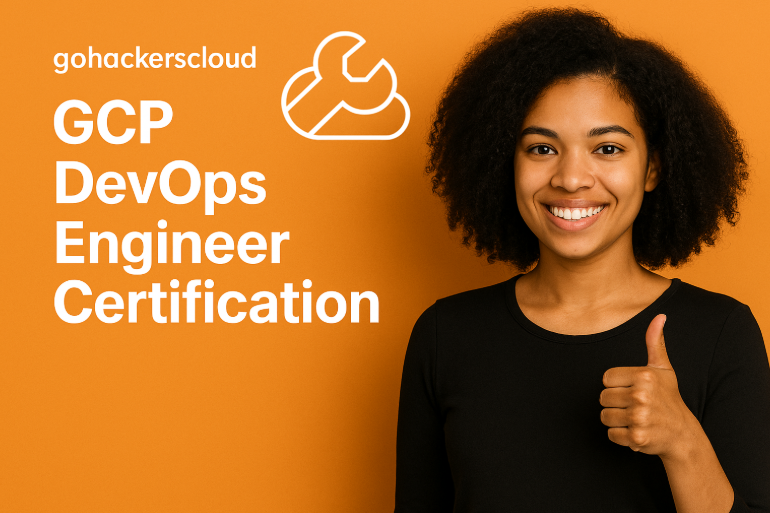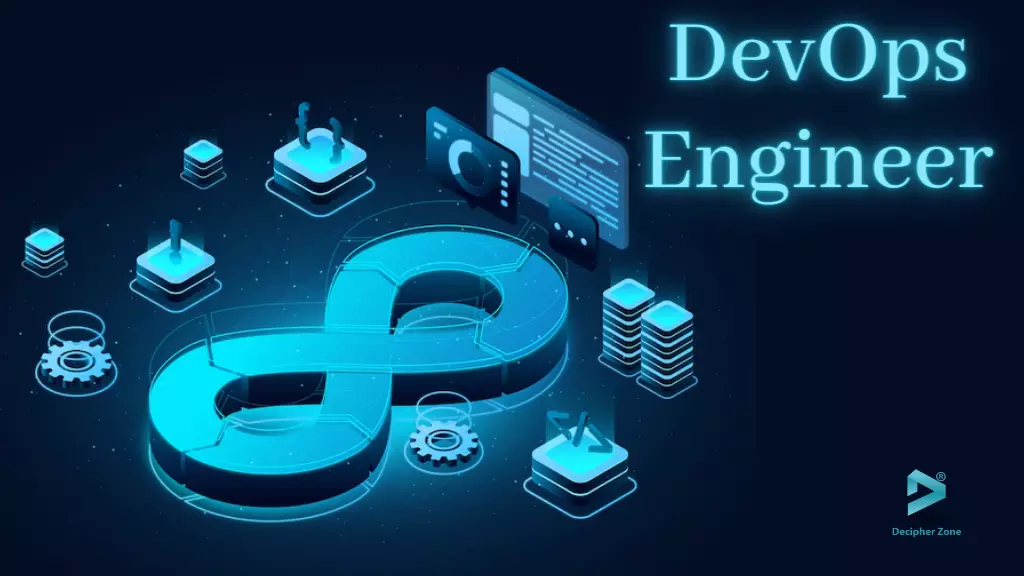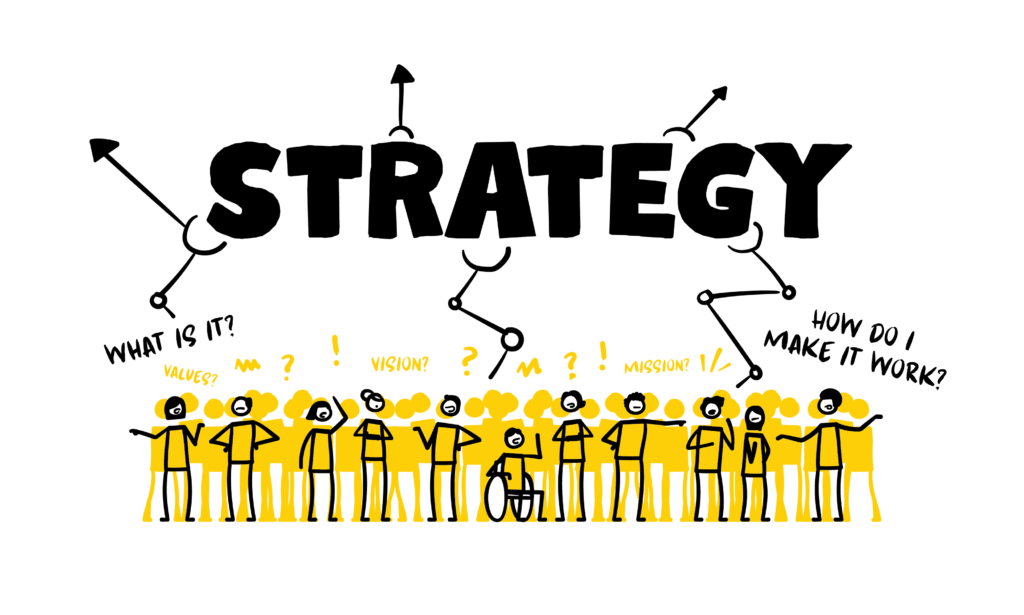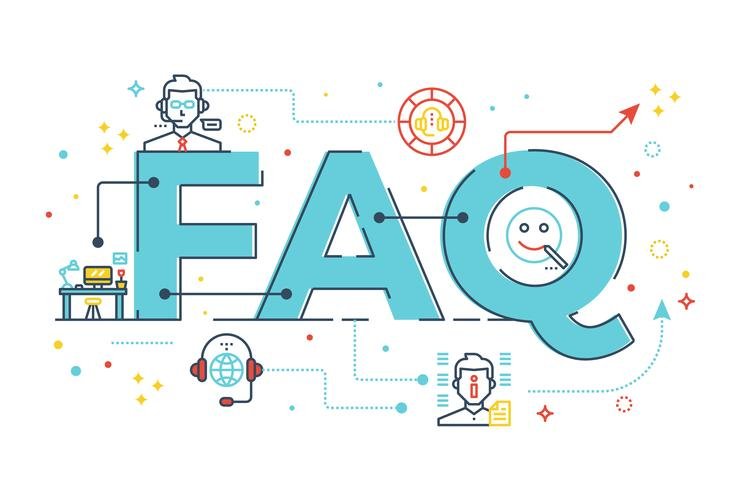
Aspiring to streamline software delivery on Google Cloud? The GCP DevOps Engineer (DOP) certification, officially known as Professional Cloud DevOps Engineer, is the benchmark for professionals who combine development and operations to automate and optimize processes on Google Cloud. This SEO-optimized guide is tailored for GoHackersCloud readers and highlights our comprehensive courses, labs, and practice questions to accelerate your path to DevOps mastery.
Note: Google’s official certification title is “Professional Cloud DevOps Engineer.” We’ll use that terminology interchangeably where appropriate.
The PDEO certification validates your ability to:
Why pursue PDEO? It’s a hands-on, practitioner-focused credential that proves you can bridge development and operations in Google Cloud environments.



Tip: Schedule your PDEO exam with a target date to create accountability and pace your study.

Note: Salaries vary by region and market demand.
At GoHackersCloud, we tailor PDEO prep to maximize your success:
The Google Cloud Professional Cloud DevOps Engineer certification validates your ability to design, deploy, and operate cloud-native applications with confidence. With structured study strategies, hands-on labs, and extensive practice questions from GoHackersCloud, you can accelerate your software delivery and cloud operations careers.

How long does PDEO preparation typically take?
Most candidates spend 6-10 weeks depending on prior DevOps and cloud experience.
Do I need hands-on DevOps experience to pass PDEO?
Yes. Practical experience in CI/CD, IaC, and deployment is essential.
Can I retake the PDEO if I don’t pass?
Yes. Google Cloud allows exam retakes with appropriate waiting periods; plan accordingly.
How does PDEO differ from other Google Cloud certifications?
PDEO focuses on DevOps practices, CI/CD, and operations, whereas others emphasize architecture, data, or security.
Are there prerequisites for PDEO?
No formal prerequisites, but strong software development, operations, and cloud basics are advantageous.

join thousands of successful certified professionals!
Contact UsWe'd love to help you out!
No WhatsApp Number Found!
WhatsApp us